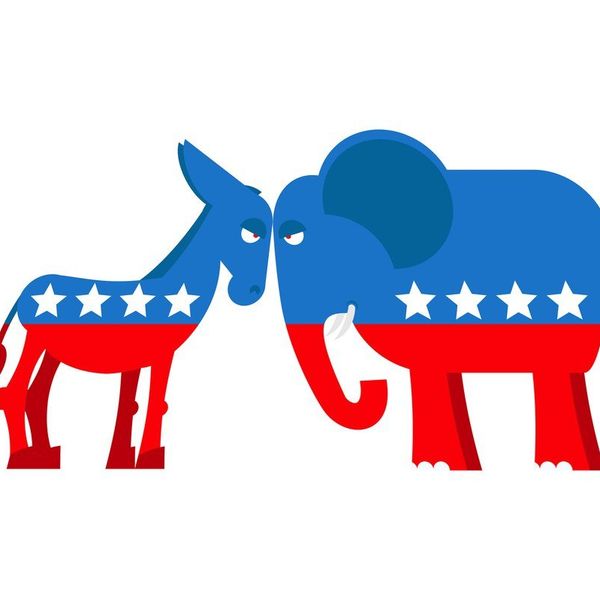“Did you vote for Hilary or Trump?” I was hiking through Signal Mountain in Tennessee when an Asian expat broke the silence. It was an innocent question, but I felt myself hesitant to answer. The rolling mountains framed the trail, covered in dead brown trees that made the landscape look brown and drab.
“Clinton,” I told him, as we picked our way around a pile of rocks that had fallen into the trail. He looked up in confusion at my words, stopping.
“But Donald Trump is your President?” He wondered why I hadn’t voted with the majority, and more importantly, why I didn’t vote with my family. He seemed concerned for me. He explained that all of this was different from what he was used to in China, and I did my best to explain my political views and how they differed from Trump’s platform in simple English.
“Do you think he’ll be taken out of office?” He wondered, after my response. After all, if so many young Americans were discontent with his ideology, wouldn’t they do something about it?
“Like get impeached?” I asked. I knew there were protests going on, but I wasn’t sure what he meant by taken out of office. We continued walking through the trail, the cool mountain air leaving our questions literally hanging in the air. What he had meant was if Trump would be forcibly removed- by means of military coup or some other sort of overthrow. I couldn’t imagine either happening in the United States. I never realized that peaceful protest wasn't always the norm.
“What I want to know,” he said slowly, “Is why there is so much less violence here. Everyone at peace, all the time.” At first, I was confused. After all, we’re constantly being told about one shooting or another. It seems like the news is always full of violence. But it’s so easy to forget that all that pales in comparison to the violence that other cultures have to endure daily.
In China, he explained, violence was much more common. If a leader was elected that went against the religious majority, violent protest, even forcible removal, was to be expected. He didn’t understand why, with so many religions and ethnicities involved in our governance, we weren’t the same way. And I realized, the more I talked, that neither did I. I had taken this freedom and peace for granted for so long.
So how did I end up talking politics with Asian tourists? What I thought was a simple ski trip turned out to be a cultural experience I never envisioned myself taking. For a weekend, I got to travel with 20 Asian expats all around the southeastern United States. I was exposed to their culture, to their ideology, and to their discourse, and in the process, learned as much about my own culture as I did theirs.
You never realize how deeply engrained contemporary ideology is until you attempt to circumvent it. The differences between our two cultures were great, and yet we found common ground in the human experience. We talked politics, we talked race, and we talked about ourselves, all without judgment. It was funny because after a while, I realized that we weren’t really that different after all.










































